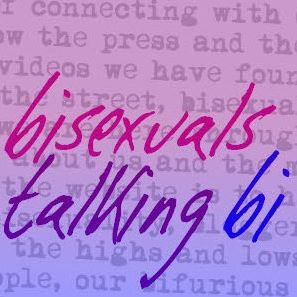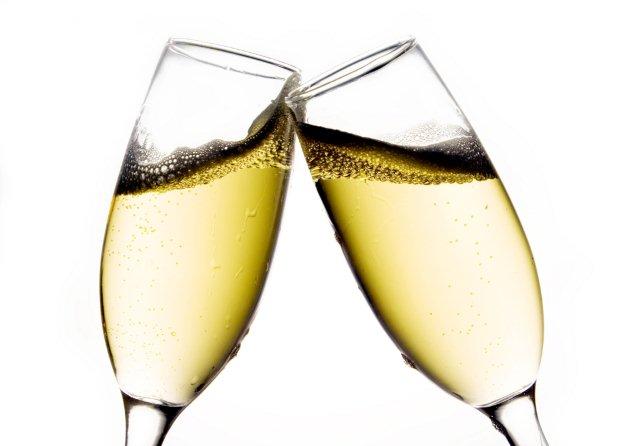Looking for bisexuals over 50
Yes yes I know – I keep saying I am relaunching this blog and nothing happens. Blogging is difficult, people! Not blogging in the short term, but retaining motivation over years and years…. That’s tough!
So what I want to do is to ask you for your help. I really do think there is a gap when it comes to bisexuality and people over 50. Bisexuality is still connected in so many people’s minds to youth, deciding who you want to “settle down” with, experimentation. But it is so much more than that.
The Journal of Bisexuality – an academic journal, written mainly by and for people in universities – is currently seeking contributions to a volume on bisexuality and ageing. This is great as far as it goes. But I know full well that this will not be accessible, especially in terms of language and cost, to people at large.
What I am going to do on this blog is to focus on the things that are important to bi people over 50 (or thereabouts). One of the ways I want to do this is to ask older bisexual individuals to be featured on this site via email interviews. We are so often invisible, both as bi people and those who are older, and any way that this can be counteracted must be beneficial. So for this, there needs to be a format, and I have posted that below.
Would you, bi (or however you define yourself) person over 50, like to be on this blog? I can offer as much or as little anonymity as you like. If you could send a photo too, that would be great. You don’t have to be recognisable at all. No nudity though and no intricate sexual details in the text please.
Don’t post this in the comments, but put the information in an email to me at sues_new_email at yahoo dot com. I will get back to you as soon as I can.
Apologies to those people who agreed to do this last year. I hope I remember who you are, and I will contact you if I can find your details….
Thanks!
Format for interviews (please write between 600-800 words)
- Basic demographics: (name or pseudonym), age, race, gender, occupation/prior occupation, country, living situation
- How did you come to think of yourself as bisexual (or whatever label/non-label you use)?
- What does being bisexual (or as above) mean to you?
- Has this changed over the years, and if so how?
- What do other people in your life know about your bisexuality and how do they react?
- Looking back over your life so far, is there anything you wish you’d done differently?
- What about your hopes or fears for the future (regarding bisexuality)?
- Any words of wisdom for younger bi people – or older ones?



